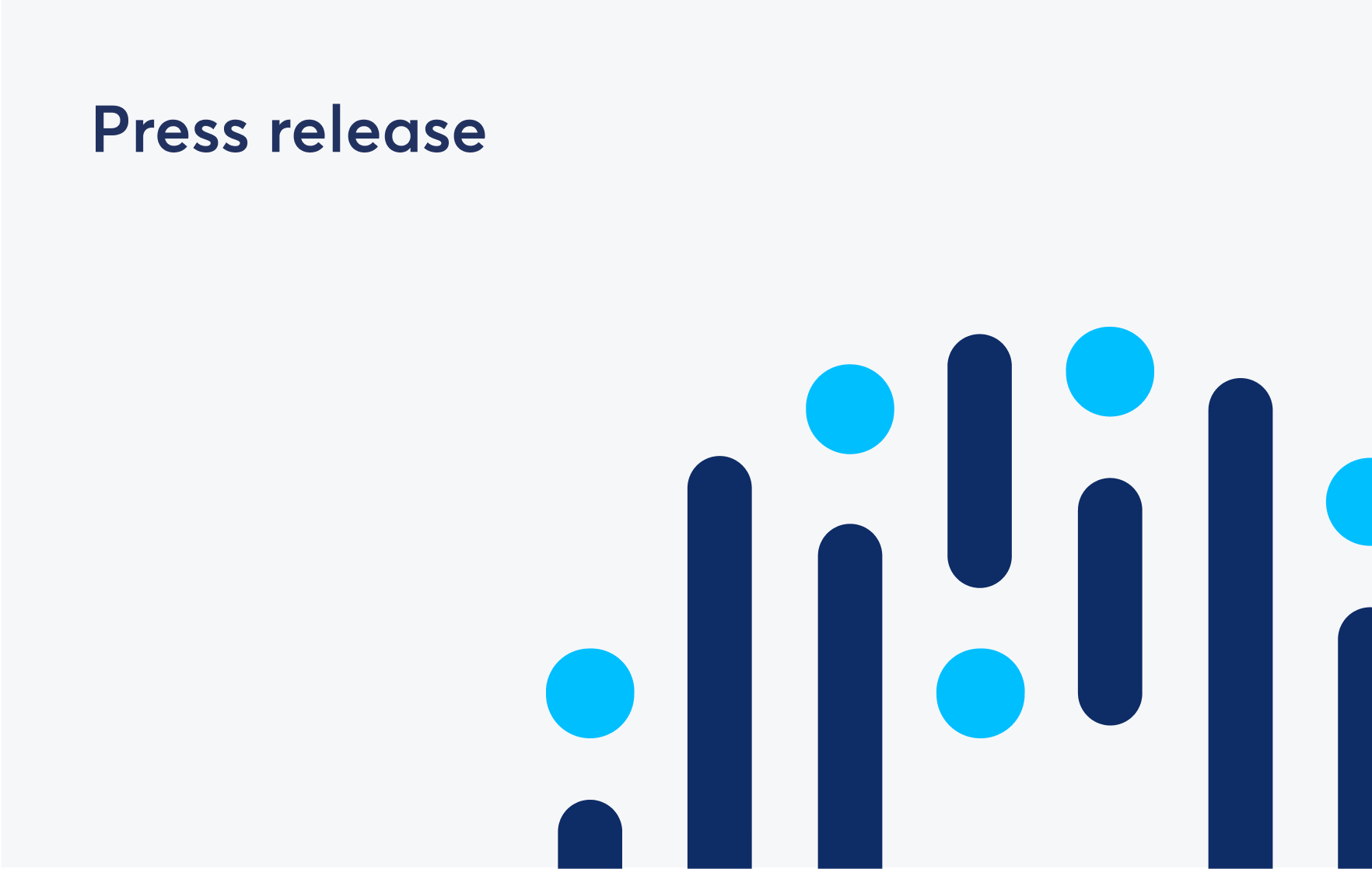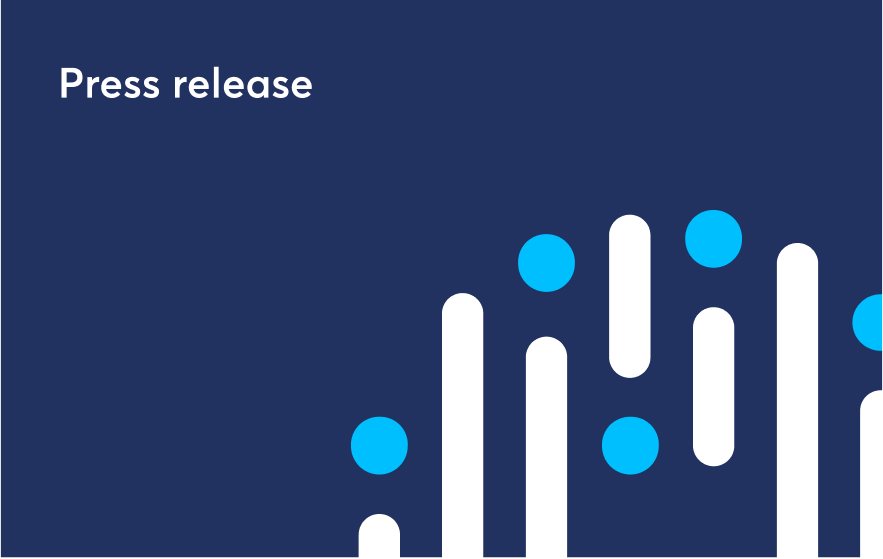Cognetivity Neurosciences presents at virtual Alzheimer’s Association International Conference (AAIC) 2020

New results published at major dementia conference further validate company’s ICA platform’s capabilities and suitability for early disease detection
VANCOUVER, BC, Aug. 13, 2020 /CNW/ – Cognetivity Neurosciences Ltd. (the “Company” or “Cognetivity”) (CSE: CGN) (FWB: 1UB) (OTCQB: CGNSF) has appeared for the second consecutive year at the Alzheimer’s Association International Conference (AAIC). Billed as ‘the largest and most influential international meeting dedicated to advancing dementia science’, AAIC 2020 took place virtually rather than in Amsterdam as originally intended, drawing an all-time high of over 31,000 global attendees.
This year, Cognetivity presented new results across three posters, now available on the company’s website, showcasing the latest evidence on its patented Integrated Cognitive Assessment (ICA) technology. The first, titled “Early Diagnosis of Alzheimer’s Dementia with the Artificial Intelligence Based Integrated Cognitive Assessment”, provided details on the clear methodology underpinning the ICA’s use of artificial intelligence (AI) for enhanced diagnostic accuracy, in line with the consensus view that AI-based diagnostics ought to be explainable for full acceptance by practitioners and regulators. Another, titled “Electroencephalography (EEG) reveals a decrease in speed of animacy processing in mild cognitive impairment and an alteration in neural response patterns”, focused on how the use of EEG while individuals take the ICA has revealed significant speed reductions and altered neural dynamics in the brains of patients with mild cognitive impairment (MCI) compared to healthy controls.
Most striking of all, the third, titled “Association between Integrated Cognitive Assessment (ICA) and Measures of Brain Structure in Mild Cognitive Impairment and Mild Alzheimer’s Disease“, featured the results of a study where high-resolution MRI scans were taken of subjects’ brains who had also taken the ICA test. ICA scores were significantly correlated with both disease status and cortical thickness in some of the key brain areas affected by early Alzheimer’s pathology, including the lateral occipital and parahippocampal regions. Hence, the test is predictive of important and reliable structural measures of the disease. The ICA was also more effective at differentiating between healthy and impaired individuals than hippocampal volume, suggesting that impairment in ICA performance might precede and therefore predict future observable physical changes to the brain.
“It was a great pleasure for Cognetivity to return to AAIC, despite the unusual circumstances,” observed Dr Seyed Khaligh-Razavi, Cognetivity’s Chief Scientific Officer. “We’re thrilled to have shared further data demonstrating that variation in peoples’ ICA scores is highly consistent with structural and neural changes to their brains in the early stages of neurodegenerative disease. The difference, of course, is that investigating physical changes is expensive and invasive, whereas the ICA is quick, hassle-free and highly scalable – a practical solution to the urgent problem of timely dementia diagnosis in large populations.”
“Taking care to make our AI models explainable to doctors and regulators is also one of our major priorities,” he continued. “When it comes to diagnosing disease and improving lives, decision-makers are right to be suspicious of ‘black boxes’ – but the ICA is nothing of the sort. It uses metrics related to the speed and accuracy of patients’ responses in categorising animal and non-animal images; it compares them to results from many previous test-takers with different disease statuses and then computes the disease risk based on those comparisons. When doctors understand this context, they find it a lot easier to trust the ICA’s output, and rightly so.”
About Alzheimer’s Association International Conference
The Alzheimer’s Association International Conference® is the largest and most influential international meeting dedicated to advancing dementia science. Each year, AAIC® convenes the world’s leading basic science and clinical researchers, next-generation investigators, clinicians and the care research community to share research discoveries that’ll lead to methods of prevention and treatment and improvements in the diagnosis of Alzheimer’s disease. https://www.alz.org/aaic/
About Cognetivity Neurosciences Ltd.
Cognetivity is a technology company developing a cognitive testing platform, the Integrated Cognitive Assessment (ICA) for use in medical, commercial and consumer environments. Cognetivity’s ICA uses Artificial Intelligence and machine learning techniques to help detect the earliest signs of impairment by testing the performance of large areas of the brain, potentially allowing early diagnosis of dementia. Cognetivity aims to develop the ICA through ongoing clinical studies to the market in North America, Europe and elsewhere in the world.
For more information, please visit: www.cognetivity.com
ON BEHALF OF THE BOARD
“Sina Habibi”
Sina Habibi
Chief Executive Officer and Director
FORWARD LOOKING STATEMENTS:
The forward-looking information contained in this press release is made as of the date of this press release and, except as required by applicable law, the Company does not undertake any obligation to update publicly or to revise any of the included forward-looking information, whether as a result of new information, future events or otherwise, except as may be required by law. By its very nature, such forward-looking information requires the Company to make assumptions that may not materialize or that may not be accurate. This forward-looking information is subject to known and unknown risks and uncertainties and other factors, which may cause actual results, levels of activity and achievements to differ materially from those expressed or implied by such information.
The Exchange does not accept responsibility for the adequacy or accuracy of this release.
SOURCE Cognetivity Neurosciences Ltd

For further information: Email: info@3.10.23.44; For media enquiries contact: Josh Stanbury, Email: josh@sjspr.co.uk
